Shipping goods internationally can seem daunting, particularly when navigating the costs associated with container shipping from China to Ghana. With China being a major hub for global trade, understanding the nuances of container shipping is essential for importers. This guide provides an in-depth look at the various costs involved in shipping a 20 ft and 40 ft container, including breakdowns of origin and destination charges, customs fees, and additional expenses. Moreover, we will explore factors influencing shipping costs, tips for reducing expenses, and the importance of logistics in successful global trade. Whether you’re a seasoned importer or new to the process, this comprehensive overview will equip you with the knowledge needed to make informed shipping decisions.
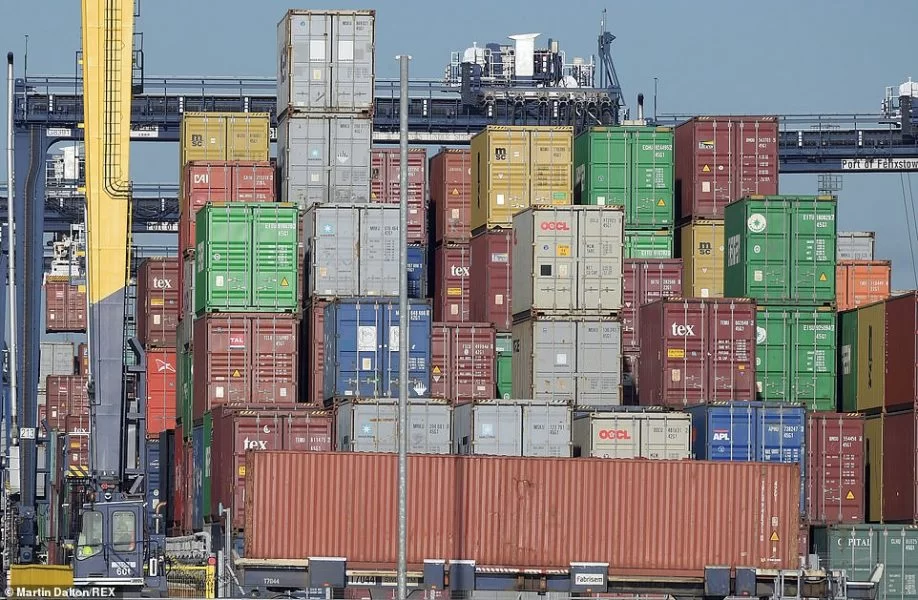
Understanding Container Shipping
Overview of Container Shipping
Container shipping is a method of transporting goods using standard-sized containers. This method has revolutionized international logistics by providing a secure, efficient, and cost-effective way to move goods across vast distances. Each standard container comes in two primary sizes: 20 ft and 40 ft. The 20 ft container is particularly popular for smaller shipments, offering a volume capacity of approximately 28 cubic meters and a maximum payload of around 22,000 kg.
Container shipping operates primarily via sea freight, which is often the most economical option for large volumes of goods. This mode of transport utilizes massive cargo ships specifically designed to carry containers, ensuring safety and security during transit. The goods remain within the same container from the origin to the destination, minimizing the risk of damage and loss.
Importance of Container Shipping in Global Trade
Container shipping plays a crucial role in the global economy. It facilitates the efficient movement of products between countries, fostering trade relationships and economic development. For countries like Ghana, which rely heavily on imports for various goods, container shipping provides a dependable means of acquiring essential products ranging from machinery to consumer goods.
Moreover, container shipping is integral to global supply chains, allowing businesses to manage inventory more effectively. The ability to track containers in real-time enhances transparency and reliability in logistics, contributing to better planning and execution of import strategies.
READ MORE:
- Shipping From China To Algeria
- Shipping From China To Angola
- Shipping From China To Morocco
- Shipping From China To Nigeria
- Shipping From China To Kenya
- Shipping From China To Tanzania
- Shipping From China To South Africa
20 ft Container Shipping Cost from China to Ghana
When considering the cost of shipping a 20 ft container from China to Ghana, several factors come into play. Understanding the breakdown of these costs can help businesses make informed decisions regarding their shipping strategies.
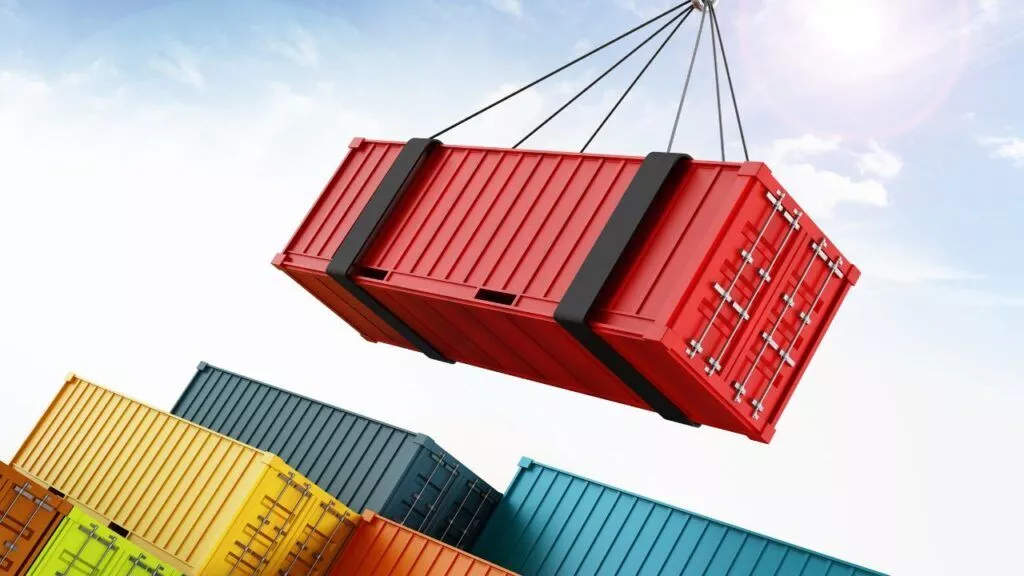
Cost Breakdown for 20 ft Containers
The costs associated with shipping a 20 ft container from China to Ghana can be categorized into several components:
| Cost Element | Description | Estimated Cost (USD) |
|---|---|---|
| Origin Charges | Costs incurred at the departure port in China, including loading and handling fees. | $200 – $500 |
| Freight Charges | Shipping fees charged by the carrier for transporting the container to Ghana. | $1,500 – $3,000 |
| Destination Charges | Fees related to unloading, handling, and delivery at the Ghana port. | $300 – $700 |
| Customs Clearance Fees | Charges for customs documentation and regulatory compliance in Ghana. | $150 – $300 |
| Insurance | Optional but recommended insurance to protect goods during transit. | $100 – $200 |
| Total Estimated Cost | Total of the above costs for shipping a 20 ft container from China to Ghana. | $2,350 – $5,700 |
Analyzing the Cost Factors
-
Origin Charges: These charges vary based on the specific port of departure in China. For example, ports in Shanghai or Shenzhen might have different handling fees, which can influence the overall cost.
-
Freight Charges: These are typically the most substantial portion of the shipping cost. Rates fluctuate based on market demand, fuel prices, and the shipping line utilized. It’s advisable to compare quotes from multiple freight forwarders to find the best deal.
-
Destination Charges: Port fees in Ghana, including handling and terminal charges, can also vary depending on the port of entry, such as Tema or Takoradi.
-
Customs Clearance Fees: Accurate and timely customs clearance is vital for avoiding delays. This cost can vary significantly based on the nature of the goods being imported.
-
Insurance: While optional, securing insurance for the container shipment can provide peace of mind, especially for high-value items. It is recommended to check with your freight forwarder about the best insurance options available.
In navigating these complexities, businesses importing goods from China to Ghana can benefit significantly from partnering with a reliable logistics provider. Dantful International Logistics offers a comprehensive suite of services, including customs clearance, insurance services, and warehouse services, making it a highly professional and cost-effective choice for global traders. For seamless Door-to-Door Shipping solutions, consider consulting Dantful, where expertise and reliability meet to facilitate your shipping needs.
40 ft Container Shipping Cost from China to Ghana
Cost Breakdown for 40 ft Containers
The cost of shipping a 40 ft container from China to Ghana involves various elements, each contributing to the overall expense. Below is a detailed breakdown of the associated costs:
| Cost Element | Description | Estimated Cost (USD) |
|---|---|---|
| Origin Charges | Fees incurred at the departure port in China for loading and handling. | $350 – $700 |
| Freight Charges | Shipping fees charged by carriers for transporting the container to Ghana. | $2,500 – $4,500 |
| Destination Charges | Costs associated with unloading and handling at the Ghana port. | $400 – $900 |
| Customs Clearance Fees | Fees for customs documentation and compliance in Ghana. | $200 – $400 |
| Insurance | Optional insurance to cover goods during transit. | $150 – $250 |
| Total Estimated Cost | Overall estimated cost for shipping a 40 ft container from China to Ghana. | $3,650 – $7,800 |
Analyzing the Cost Factors for 40 ft Containers
-
Origin Charges: Similar to 20 ft containers, these charges are incurred at the departure port in China. Larger containers may attract higher handling fees due to their weight and dimensions.
-
Freight Charges: The cost for shipping a 40 ft container typically represents a significant part of the total expense. The rate can vary greatly depending on the shipping line, current demand, and market conditions.
-
Destination Charges: These charges are associated with the port facilities and services required for unloading and distributing the container’s contents within Ghana.
-
Customs Clearance Fees: The customs process can influence costs, particularly if additional documentation or inspections are needed for the goods being imported.
-
Insurance: While not mandatory, insurance is highly advisable, especially for high-value shipments, to mitigate risks during transit.
You may be interested in the following related articles:
- Container Shipping Costs from China to Nigeria
- The Ultimate Guide to Container Shipping Costs from China to Kenya
- Container Shipping Costs from China to Canada
- The Ultimate Guide to Container Shipping Costs from China to UAE
- Container Shipping Costs from China to Dubai
- The Ultimate Guide to Container Shipping Costs from China to South Africa
Factors Influencing Container Shipping Costs
Understanding the factors that influence shipping costs can help businesses make informed decisions and optimize logistics strategies.
Type of Container: FCL vs. LCL
-
Full Container Load (FCL): This refers to shipping a container filled entirely with one shipper’s cargo. FCL often results in lower rates per unit because the shipper is not sharing space with others, which eliminates the costs associated with multiple shipments.
-
Less than Container Load (LCL): When not enough cargo is available to fill a container, shippers may choose LCL, sharing container space with other shipments. This option can be more expensive on a per-unit basis due to the added handling and administrative costs associated with multiple shippers’ goods.
Distance and Shipping Routes
The distance between the port of origin in China and the destination port in Ghana directly affects shipping costs. Longer distances typically result in higher freight charges. Additionally, the chosen shipping route can influence costs; routes that avoid congested areas or unfavorable weather conditions may incur different fees.
Seasonal Variations in Shipping Costs
Shipping costs can fluctuate based on seasonal demand. During peak seasons, such as the holiday shopping period, rates may increase due to higher demand for space on vessels. Conversely, off-peak seasons may offer lower rates, presenting opportunities for cost savings.
Impact of Fuel Prices on Shipping Rates
Fuel prices significantly impact shipping costs, as they represent a considerable portion of operating expenses for carriers. Increases in fuel prices can lead to surcharges being added to freight rates, affecting overall shipping costs. Monitoring fuel price trends can help shippers anticipate these changes and adjust their budgets accordingly.
For businesses looking to streamline their shipping processes and ensure cost-effective solutions, Dantful International Logistics provides comprehensive services tailored to meet the diverse needs of global traders. Whether you require customs clearance, warehouse services, or insurance services, Dantful is committed to delivering high-quality logistics support. Explore the various options available, including Door-to-Door Shipping, to enhance your operational efficiency and achieve your shipping goals.
Additional Costs to Consider in Container Shipping
1. Ghana Customs Duties and Taxes
When importing goods into Ghana, it is essential to be aware of the customs duties and taxes that apply to your shipments. These charges are assessed by the Ghana Revenue Authority (GRA) and can vary based on the nature of the goods being imported.
- Import Duties: These are calculated as a percentage of the value of the goods and can range from 0% to 20%, depending on the product category.
- Value Added Tax (VAT): A VAT of 12.5% is generally applied to most imports, calculated on the sum of the cost of goods, insurance, and freight (CIF).
- National Health Insurance Levy (NHIL): An additional 2.5% tax is applicable on certain imports, contributing to the national health insurance fund.
Understanding and calculating these taxes in advance can help businesses avoid unexpected expenses upon arrival in Ghana.
2. Handling and Port Fees
Handling and port fees are additional costs incurred at both the origin and destination ports. These fees can vary based on several factors, including the port’s policies, the specific handling requirements for your cargo, and whether storage is necessary. Key components include:
- Terminal Handling Charges (THC): Fees charged by the terminal operator for loading and unloading containers.
- Docking Fees: Charges levied for the use of port facilities during loading and unloading.
- Storage Fees: Additional fees may apply if the cargo is left at the port beyond the free storage period.
Accurately estimating these fees is essential for comprehensive shipping cost planning.
3. Insurance Costs for Container Shipping
While insurance is not mandatory, it’s a crucial aspect of shipping that can protect against potential losses due to damage, theft, or loss during transit. Insurance costs can vary significantly based on the value of the goods and the level of coverage selected.
- Types of Coverage: Basic coverage may protect against standard risks, while comprehensive coverage can include various unforeseen circumstances like natural disasters or accidents.
- Cost Calculation: Insurance costs are typically calculated as a percentage of the shipment value, generally ranging from 0.5% to 2%.
Investing in adequate insurance can provide peace of mind and financial security for businesses making substantial investments in imported goods.
Tips for Reducing Container Shipping Costs
Reducing shipping costs without compromising on service quality is a priority for many businesses. Here are some effective strategies to consider:
1. Choosing the Right Freight Forwarder
Selecting a reputable and experienced freight forwarder can significantly impact shipping costs. A knowledgeable forwarder will help you navigate the complexities of international shipping, negotiate better freight rates, and suggest cost-effective routes.
- Comparison Shopping: Obtain multiple quotes from different freight forwarders to find the best rates and services.
- Expertise: Look for a forwarder with specific experience in shipping to Ghana, as they will be familiar with the local regulations and logistics.
2. Effective Planning and Scheduling
Proper planning can lead to significant cost savings. Consider the following strategies:
- Advance Booking: Book your shipments well in advance. Rates can fluctuate based on demand, so planning ahead can help secure lower rates.
- Avoiding Peak Seasons: Shipping during off-peak times can reduce costs, as demand for space on vessels typically decreases, leading to lower rates.
3. Utilizing Freight Calculators
Freight calculators are valuable tools that can help estimate shipping costs based on various parameters, such as weight, dimensions, and destination. Using these tools can provide clarity on potential costs and allow for better budgeting.
- Transparency: Freight calculators can help identify all potential charges, ensuring no surprises at the end of the shipping process.
4. Consolidating Shipments for Cost Efficiency
Combining multiple shipments into one can result in significant savings, especially when using LCL (Less than Container Load) shipping. By consolidating shipments, businesses can:
- Share Container Space: Reduce shipping costs by sharing the container with other shippers, lowering the overall expense per unit.
- Minimize Handling Fees: Fewer shipments typically mean fewer handling and documentation fees, leading to overall cost reductions.
Implementing these strategies can aid in managing shipping expenses effectively while ensuring that businesses meet their import needs efficiently. For those looking to optimize their shipping processes, consider partnering with Dantful International Logistics. With a robust suite of services, including customs clearance, insurance, and warehouse services, Dantful can help streamline your logistics operations and enhance your overall shipping experience. Explore Door-to-Door Shipping options tailored to your unique requirements.
Dantful International Logistics Services:
- Dantful Ocean Freight Services
- Air Freight From China
- Amazon FBA Freight Forwarding
- WAREHOUSE Services
- One-Stop Customs Clearance Solution
- Cargo Insurance Services in China
- DDP Shipping Services By Dantful Logistics
- Out of Gauge Cargo Transportation Shipping Services
FAQs
1. What are the typical costs associated with shipping a container from China to Ghana?
Shipping costs can vary depending on various factors, including the size of the container. For a 20 ft container, the total estimated cost ranges from $2,350 to $5,700, while for a 40 ft container, costs can range from $3,650 to $7,800. These costs include origin charges, freight charges, destination charges, customs clearance fees, and optional insurance.
2. What factors influence container shipping costs?
Several factors can affect shipping costs, including:
- Type of Container: Full Container Load (FCL) vs. Less than Container Load (LCL).
- Distance and Shipping Routes: Longer distances and specific routes may result in different costs.
- Seasonal Variations: Demand fluctuations during peak seasons can increase rates.
- Fuel Prices: Changes in fuel prices can lead to surcharges impacting overall shipping expenses.
3. Are there additional costs to consider when shipping to Ghana?
Yes, there are additional costs, including:
- Customs Duties and Taxes: Import duties can range from 0% to 20%, plus a VAT of 12.5% and a National Health Insurance Levy of 2.5%.
- Handling and Port Fees: Terminal Handling Charges, docking fees, and storage fees may apply at both origin and destination ports.
- Insurance Costs: While optional, it is highly advisable to secure insurance for shipments.
4. How can I reduce container shipping costs?
To minimize shipping costs, consider the following strategies:
- Choose the Right Freight Forwarder: Select an experienced forwarder to negotiate better rates.
- Effective Planning and Scheduling: Book shipments in advance and avoid peak seasons to secure lower rates.
- Utilize Freight Calculators: Use online tools to estimate costs accurately.
- Consolidate Shipments: Combine multiple shipments into one to save on overall shipping expenses.

Young Chiu is a seasoned logistics expert with over 15 years of experience in international freight forwarding and supply chain management. As CEO of Dantful International Logistics, Young is dedicated to providing valuable insights and practical advice to businesses navigating the complexities of global shipping.
The other language versions of this article
- الدليل النهائي لتكاليف شحن الحاويات من الصين إلى غانا في عام 2024
- De ultieme gids voor containerverzendingskosten van China naar Ghana in 2024
- Le guide ultime des coûts d’expédition de conteneurs de la Chine vers le Ghana en 2024
- Der ultimative Leitfaden zu den Containerversandkosten von China nach Ghana im Jahr 2024
- La guida definitiva ai costi di spedizione dei container dalla Cina al Ghana nel 2024
- La guía definitiva sobre los costes de envío de contenedores desde China a Ghana en 2024
- O guia definitivo para custos de transporte de contêineres da China para Gana em 2024
- Полное руководство по стоимости контейнерных перевозок из Китая в Гану в 2024 году
- 2024’te Çin’den Gana’ya Konteyner Nakliye Maliyetlerine İlişkin Nihai Kılavuz

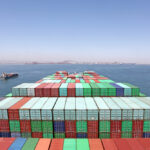







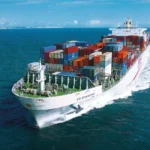
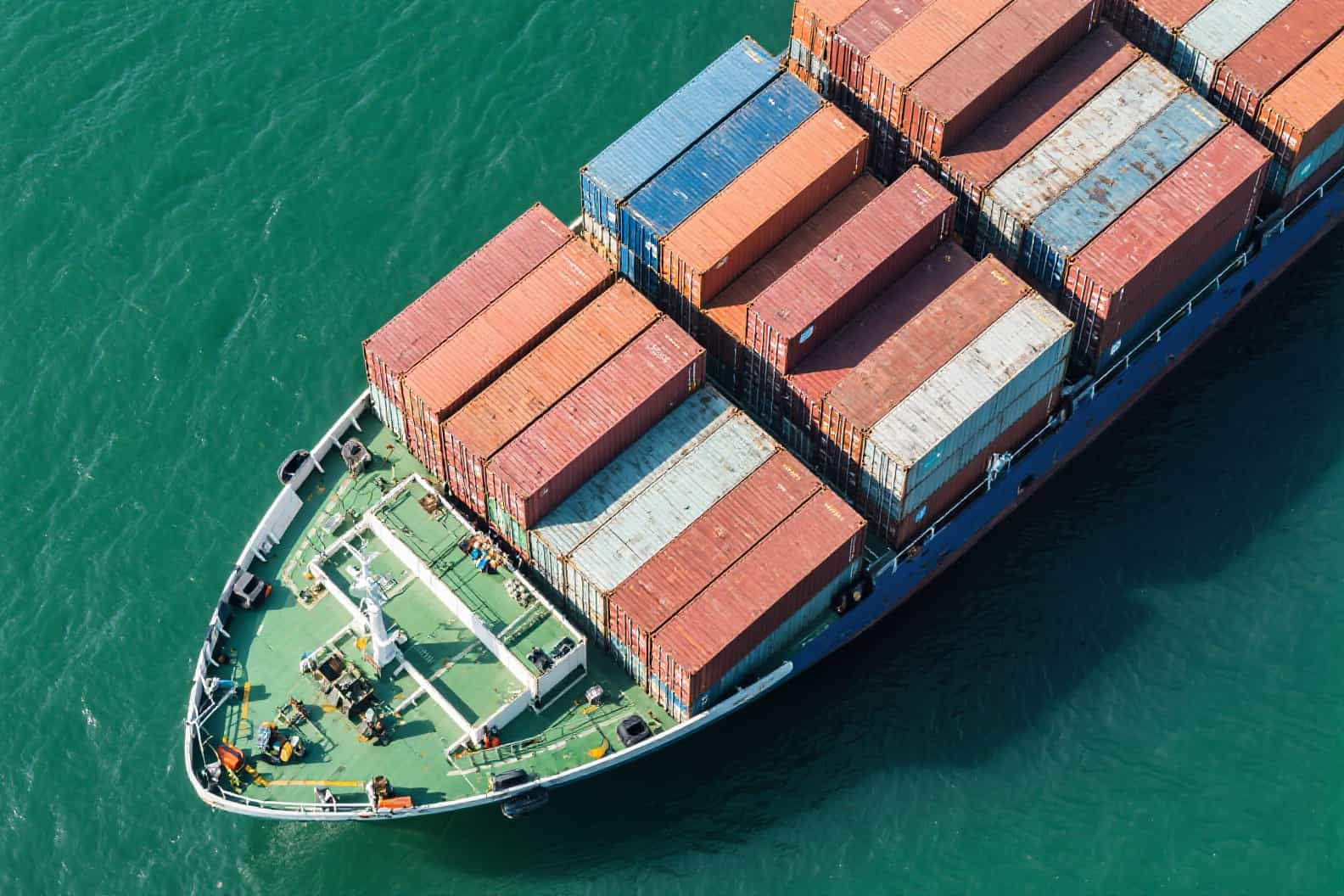


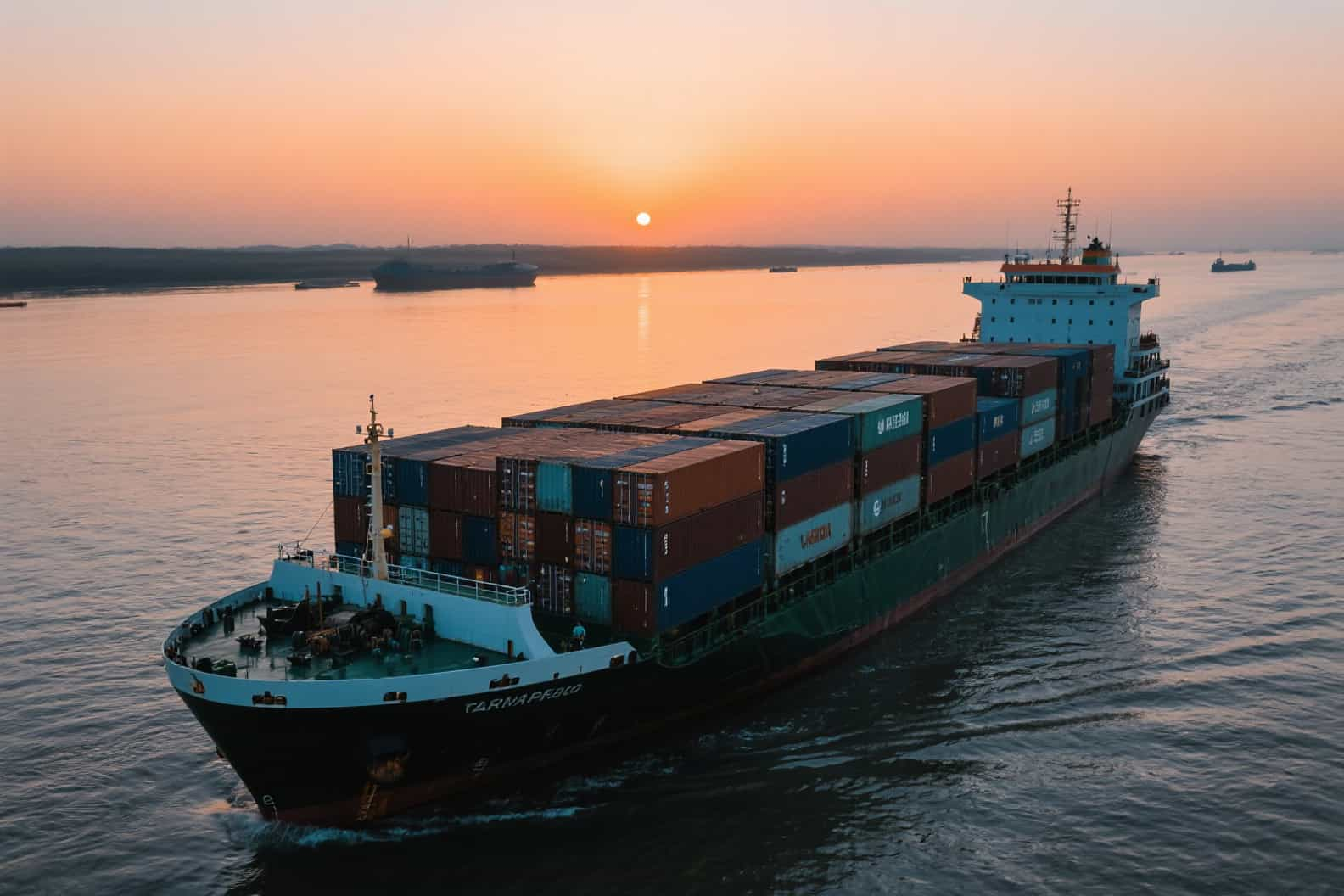
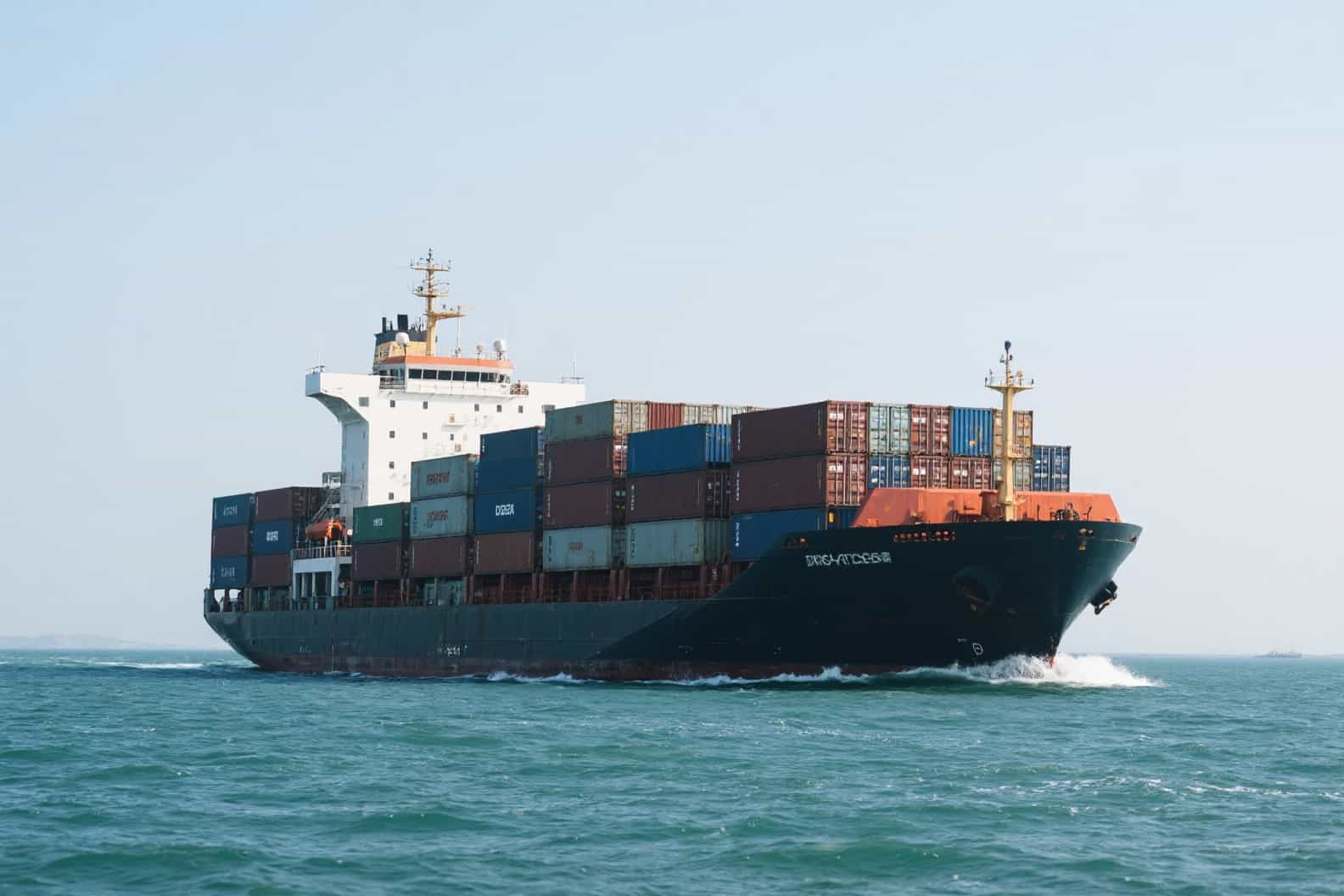





 Afrikaans
Afrikaans Shqip
Shqip አማርኛ
አማርኛ العربية
العربية Հայերեն
Հայերեն Azərbaycan dili
Azərbaycan dili Euskara
Euskara Беларуская мова
Беларуская мова বাংলা
বাংলা Bosanski
Bosanski Български
Български Català
Català Cebuano
Cebuano Chichewa
Chichewa 简体中文
简体中文 繁體中文
繁體中文 Corsu
Corsu Hrvatski
Hrvatski Čeština
Čeština Dansk
Dansk Nederlands
Nederlands English
English Esperanto
Esperanto Eesti
Eesti Filipino
Filipino Suomi
Suomi Français
Français Galego
Galego ქართული
ქართული Deutsch
Deutsch Ελληνικά
Ελληνικά Kreyol ayisyen
Kreyol ayisyen Harshen Hausa
Harshen Hausa Ōlelo Hawaiʻi
Ōlelo Hawaiʻi עִבְרִית
עִבְרִית हिन्दी
हिन्दी Hmong
Hmong Magyar
Magyar Íslenska
Íslenska Igbo
Igbo Bahasa Indonesia
Bahasa Indonesia Gaeilge
Gaeilge Italiano
Italiano 日本語
日本語 Basa Jawa
Basa Jawa ಕನ್ನಡ
ಕನ್ನಡ Қазақ тілі
Қазақ тілі ភាសាខ្មែរ
ភាសាខ្មែរ 한국어
한국어 كوردی
كوردی Кыргызча
Кыргызча ພາສາລາວ
ພາສາລາວ Latin
Latin Latviešu valoda
Latviešu valoda Lietuvių kalba
Lietuvių kalba Lëtzebuergesch
Lëtzebuergesch Македонски јазик
Македонски јазик Malagasy
Malagasy Bahasa Melayu
Bahasa Melayu മലയാളം
മലയാളം Maltese
Maltese Te Reo Māori
Te Reo Māori मराठी
मराठी Монгол
Монгол ဗမာစာ
ဗမာစာ नेपाली
नेपाली Norsk bokmål
Norsk bokmål پښتو
پښتو فارسی
فارسی Polski
Polski Português
Português ਪੰਜਾਬੀ
ਪੰਜਾਬੀ Română
Română Русский
Русский Samoan
Samoan Gàidhlig
Gàidhlig Српски језик
Српски језик Sesotho
Sesotho Shona
Shona سنڌي
سنڌي සිංහල
සිංහල Slovenčina
Slovenčina Slovenščina
Slovenščina Afsoomaali
Afsoomaali Español
Español Basa Sunda
Basa Sunda Kiswahili
Kiswahili Svenska
Svenska Тоҷикӣ
Тоҷикӣ தமிழ்
தமிழ் తెలుగు
తెలుగు ไทย
ไทย Türkçe
Türkçe Українська
Українська اردو
اردو O‘zbekcha
O‘zbekcha Tiếng Việt
Tiếng Việt Cymraeg
Cymraeg יידיש
יידיש Yorùbá
Yorùbá Zulu
Zulu